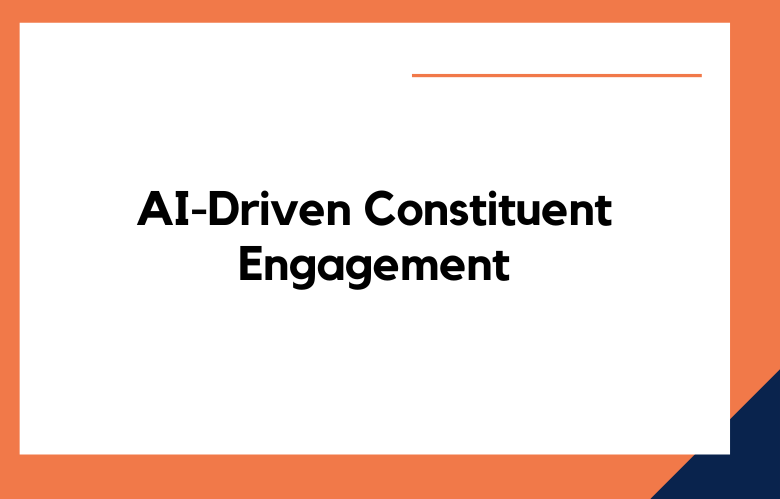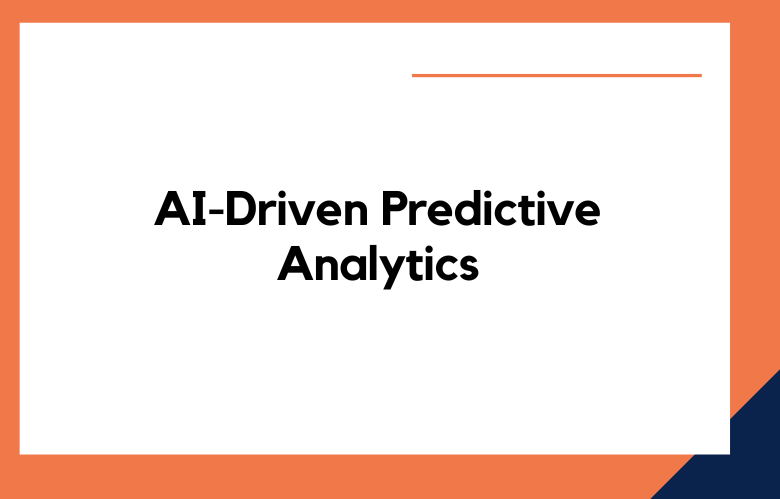Political personality profiling is a fascinating field that explores political leaders’ psychological characteristics, motivations, and behaviors. It has become a key element in understanding the dynamics of political leadership and decision-making processes. By examining political figures’ psychological characteristics, values, and beliefs, we can gain valuable insights into their decision-making processes, leadership styles, and overall performance. This blog post delves into political personality profiling, its significance, and its implications for the political landscape.
What is political personality profiling?
The significance of political personality profiling:
-
Understanding leadership style: Political personality profiling helps us understand a leader’s decision-making process and leadership style, offering insights into how they might handle challenges and opportunities.
-
Predicting behavior: By assessing a leader’s personality traits, we can anticipate their actions and reactions in various situations, which can be crucial during times of crisis or uncertainty.
Approaches to political personality profiling:
-
Election outcomes: Political personality profiling can impact election outcomes by shaping public perception of candidates and influencing voter decisions.
-
Policy development: Understanding a leader’s personality can help shape policies that align with their values and priorities, leading to more effective governance.
-
International relations: Political personality profiling can help predict how leaders might interact with other nations, inform diplomatic strategies, and promote global cooperation.
Political Personality Profiling
Understanding political leaders’ personality traits can help us gain insights into their decision-making processes, communication styles, and leadership qualities. In this article, we’ll delve into the world of political personality profiling and explore some of the critical traits identified in successful political leaders.
First, we’ll discuss the different approaches to political personality profiling, including psychoanalytic, trait-based, and cognitive-behavioral approaches. We’ll explore the strengths and weaknesses of each approach and how they can be used to understand political leaders.
Next, we’ll examine some key personality traits identified in successful political leaders. These may include charisma, emotional intelligence, resilience, strategic thinking, and ethical leadership. We’ll discuss how these traits can influence political decision-making and leadership styles.
We’ll then explore some of the limitations and challenges of political personality profiling. We’ll discuss the potential for bias and oversimplification in profiling and the difficulties in applying personality models across different cultural and political contexts.
The Science of Personality: How Political Leaders Measure Up
The world of politics is often characterized by charismatic leaders who inspire and guide nations through challenging times. But have you ever wondered what makes these leaders tick? What personality traits make them successful, and how do they measure up to scientific standards? This article will explore the science of personality and how it relates to political leaders.
First, we’ll examine the theories and models developed to understand personality traits. We’ll discuss the Big Five personality traits (openness, conscientiousness, extraversion, agreeableness, and neuroticism) and how they can be applied to political leaders.
Next, we’ll explore how personality traits impact a leader’s effectiveness. We’ll examine the characteristics typically associated with successful leadership, such as emotional intelligence, decisiveness, and resilience, and discuss how these traits can help leaders navigate complex political environments.
Decoding Politics: Unraveling the Personalities of Leaders
Politics is a complex and dynamic field shaped by a myriad of factors, including the personalities of political leaders. Understanding these leaders’ psychological makeup can provide valuable insights into their motivations, decision-making processes, and leadership styles. In this article, we’ll delve into the science of personality and explore how political leaders measure up.
First, we’ll discuss the concept of personality and the various theories developed to understand it. We’ll explore the Five-Factor Model of personality, which posits that personality can be broken down into five broad dimensions: openness, conscientiousness, extraversion, agreeableness, and neuroticism. We’ll also discuss other personality models, such as the Myers-Briggs Type Indicator and the Dark Triad.
Insider Insights: Understanding Political Personality Profiling
Political personality profiling is a fascinating and sometimes controversial field that seeks to understand the psychological makeup of political leaders. By analyzing a leader’s personality traits, motivations, and decision-making styles, political personality profilers can provide valuable insights into how leaders may behave in different situations. This article will offer insider insights into political personality profiling, including how it’s done, what it can reveal, and the ethical considerations involved.
First, we’ll discuss the different methods used to create political personality profiles. These may include psychological assessments, interviews with people who know the leader well, and analyses of public speeches and writings. We’ll explore how these methods can provide a rich and nuanced understanding of a leader’s personality.
Next, we’ll delve into some of the key personality traits that political personality profilers often focus on, such as narcissism, Machiavellianism, and psychopathy. We’ll discuss how these traits can manifest in political leaders and how they may impact their decision-making and leadership styles.
Personality Politics: Analyzing the Traits of Political Figures
Political personality profiling has become an increasingly popular tool for analyzing political leaders’ behavior and decision-making patterns. By applying psychological theories and models to political figures, we can better understand their personalities and how they shape their leadership styles. In this article, we’ll explore the process of political personality profiling and its potential benefits and limitations.
First, we’ll discuss the various methods used in political personality profiling, such as content analysis, psychobiography, and expert ratings. We’ll examine the strengths and weaknesses of each approach and how they can be used to generate insights into political leaders’ personalities.
The Power of Personality: What Makes Political Leaders Tick
Political leaders play a critical role in shaping the direction and policies of nations, and their personalities can profoundly impact their leadership styles and decision-making processes. In this article, we’ll explore the power of personality in politics and what makes political leaders tick.
First, we’ll discuss the concept of personality and the various theories and models developed to understand it. We’ll explore the Big Five personality traits (openness, conscientiousness, extraversion, agreeableness, and neuroticism) and how they can be applied to political leaders.
The Psychology of Politics: Exploring Personality Profiles
Political leaders are often some of the world’s most influential and scrutinized individuals. But what makes them tick? What drives their decision-making, their leadership styles, and their public personas? In this article, we’ll delve into the psychology of politics and explore the power of personality in shaping political leaders.
First, we’ll discuss the psychological theories used to understand personality, including the Five Factor Model, the Dark Triad, and psychoanalytic theory. We’ll then explore how these theories can be applied to political leaders to understand their motivations and behaviors better.
Next, we’ll examine how personality traits influence political behavior and decision-making. We’ll discuss how traits like narcissism, Machiavellianism, and psychopathy can impact leadership styles and political outcomes. We’ll also explore how personality interacts with other factors, such as ideology and situational context, to shape political behavior.
Conclusion
However, it is essential to remember that political personality profiling is not an exact science, and its findings should be interpreted cautiously. Cultural differences, political ideologies, and the influence of external events can all impact a leader’s behavior and decision-making, making it difficult to draw firm conclusions about their personality traits.
Nevertheless, political personality profiling can benefit political scientists, journalists, and the general public. Providing a more nuanced understanding of political leaders can help us better evaluate their performance, hold them accountable, and make more informed decisions at the ballot box.
Call: +91 9848321284
Email: [email protected]











